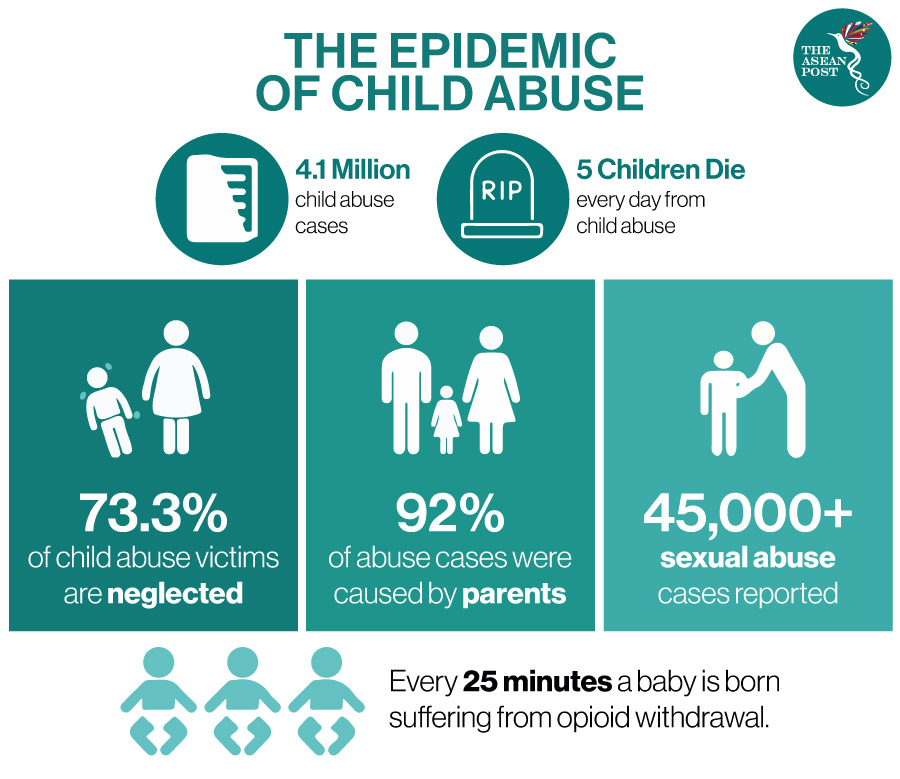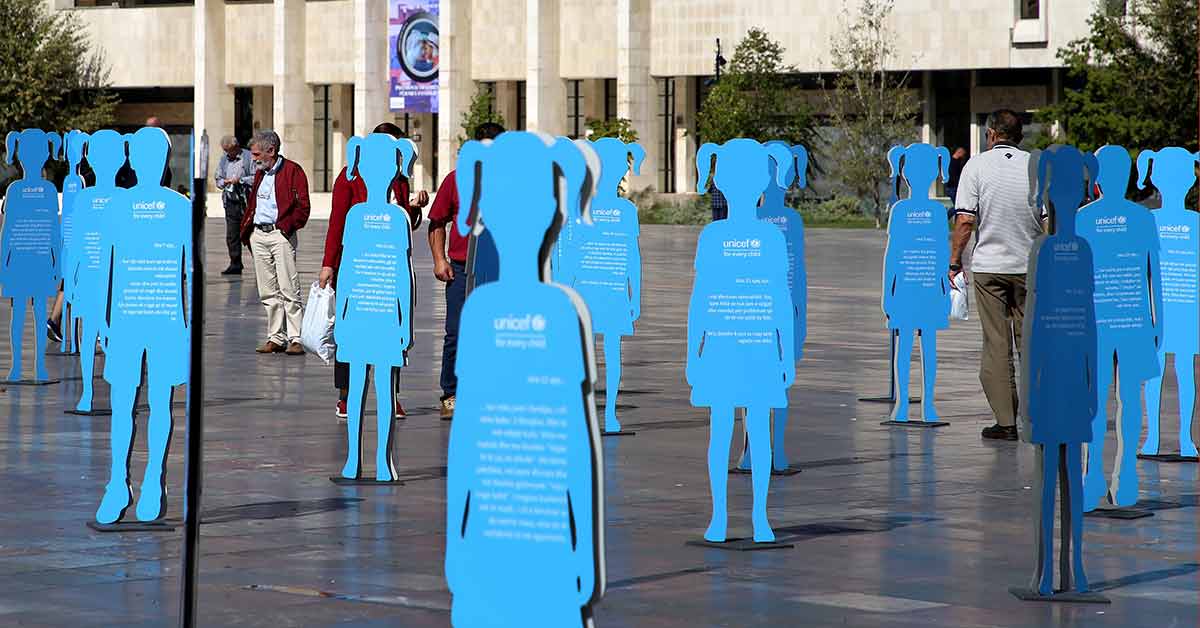“Mother is the name for God in the lips and hearts of little children”.
That is a popular quote by William Makepeace Thackeray typically used to describe mothers. Basically, it highlights the significant role of a mother who is everything to her offspring.
But what happens when a mother, father, or both parents, or guardians – who are supposed to protect, and love their children – bring harm to those under their care?
In 2016, a five-year-old Singaporean boy was subjected to all kinds of horrifying abuse, including being confined in a cage meant for the family’s pet. He was also pinched with pliers on his thighs and buttocks, hit with objects such as a broom and hanger – and was scalded with hot water. These acts were inflicted by his own parents from July 2016 until his death on 23 October of the same year.
The couple was sentenced to 27 years’ jail time by the country’s High Court in 2020.
Sadly, cases like this are still happening to many children all over the world.
Over the weekend, Malaysians were shocked by the news of the death of a seven-year-old boy who was allegedly abused and drowned in a water tub in his house in the state of Melaka.
“At about 4pm yesterday, Melaka Tengah District IPD Operations Room received a call from a man informing that his son had drowned at his house in Taman Krubong Jayam,” said Mohd Sukri Kaman, Chief of the Melaka Contingent Police Headquarters (IPD) Criminal Investigation Department.
"Checks at the scene found the seven-year-old male victim had bruises and injuries on several parts of his body," he explained to local media.
The mother and stepfather of the victim, both in their 30s, have been detained for further investigation. Local media reports stated that the former had a history of psychiatric treatment back in 2019.
The tragedy comes months after the boy was surrendered to his birth mother by his foster family who had taken care of him for over six years.
“I regret it, I should have protected him but because I understood his mother’s situation as she might really miss him, I was willing to let him return to them. But I did not expect that a boy that was so loved, would be gone in a blink of an eye, just like that,” said the heartbroken adoptive mother, Norlida Abu Hassan.
The case is still under investigation and local police said that it is too early to declare if it is a case of abuse. At the time of writing, police are still waiting for the full lab report to determine the cause of death.
Child Maltreatment
According to the World Health Organization (WHO), nearly three in four children, aged two to four years old regularly suffer from physical and/or psychological violence at the hands of their parents or caregivers.
Child maltreatment is the abuse and neglect that occurs to children under 18 years of age. It includes all types of ill-treatment – emotional, physical, sexual abuse, neglect, negligence, and commercial or other exploitation. Neglect is said to be the number one form of child abuse.
As said in the aforementioned cases, child abuse can lead to death. In cases where it does not, consequences of child maltreatment last a lifetime, including impaired lifelong physical and mental health, and the social and occupational outcomes which can slow a country’s economic and social development, stated the WHO.

In 2000, the WHO estimated that there were 57,000 deaths attributed to homicide among children under 15 years of age. Later, in a 2014 United Nations (UN) report on global child abuse based on data from 190 countries, it was found that in 2012, another 95,000 children and teenagers were murdered.
The health agency notes that there are more than 40,000 homicides of children under 18 every year – some of which are likely linked to maltreatment. However, it said that a significant portion of deaths due to child maltreatment are often incorrectly attributed to accidents like falls, burns, and drowning.
The Global Report on Children 2018 cited another UN report which revealed that in 58 countries, 17 percent of children face severe physical punishments. It was also found that three out of every 10 adults consider such punishment as a necessary element in raising a child.
Since COVID-19 lockdowns were imposed around the world – and people are urged to stay home due to virus fears, cases of domestic abuse rose, unabated in rich and poor countries alike. It was reported that France saw a 30 percent jump in family violence surge within the first two weeks of its shutdown last year, while Singapore reported a 22 percent surge in the first month of its circuit breaker in April.
“A child who is abused is more likely to abuse others as an adult so that violence is passed down from one generation to the next,” said the WHO.
“It is therefore critical to break this cycle of violence, and in so doing create positive multi-generational impacts.”
Related Articles:
